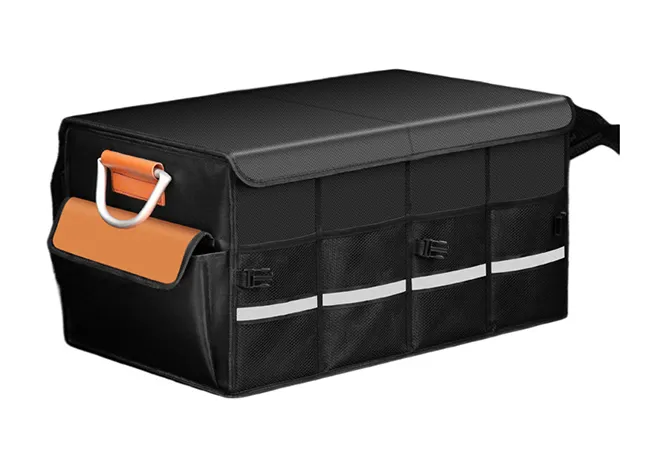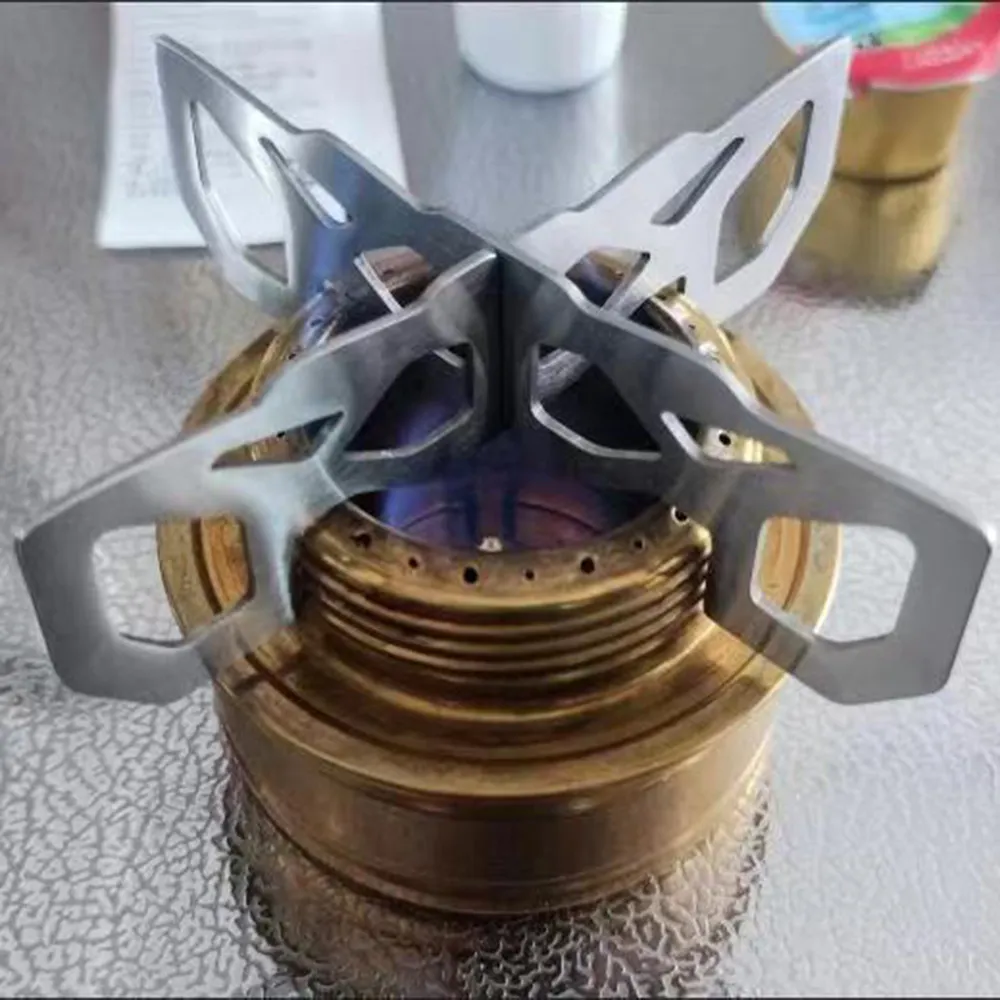Moreover, the integration of smart technologies, such as sensors and IoT devices, will enable real-time monitoring and optimization of heat exchange processes. This capability not only improves operational efficiency but also aids in predictive maintenance, reducing the risk of system failures.










